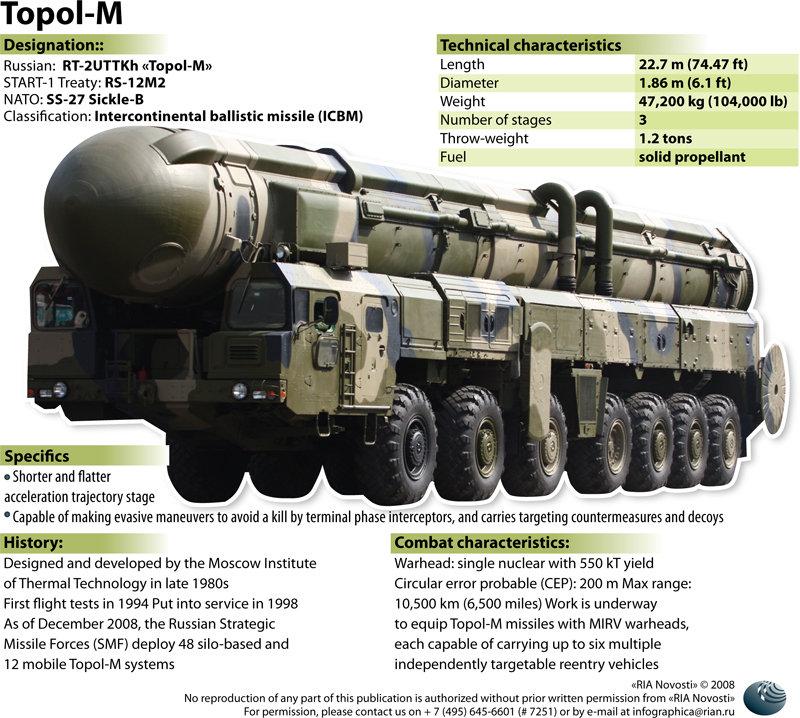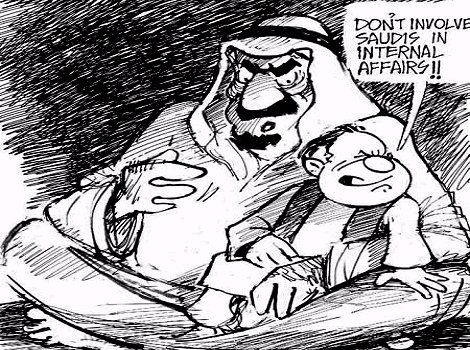By Brian Anthony Hernandez
John Legend is under fire from human rights activists for his scheduled performance at Bahrain's government-sponsored Spring of Culture festival, but despite the criticism, the 36-year-old Oscar winner still plans to perform at Monday's event.
"The solution to every human rights concern is not always to boycott," Legend, who most recently championed human rights at the Oscars, told The Independent. "Often, the best way to drive progress is to show up and participate in the conversation. Part of my mission in life is to spread love and joy to people all over the world. I intend to do just that in Bahrain, regardless of my disagreements with some of their governments' policies and actions."
Citizens of Bahrain have consistently protested the country's human rights conditions for years, with reports of torture escalating during the start of the uprising in 2011.
Human rights activists had urged Legend to cancel his appearance, to no avail.
"I’d like to tell John Legend that my people, the people of Bahrain, are fighting the same injustice and discrimination African-Americans suffered in the United States," Bahrain Center for Human Rights' vice president Sayed Yousif Almuhafdah told The Independent.
"They’re living under a dictatorship that has stripped them from their most basic human rights, democracy, justice, and freedom of speech," said Almuhafdah. "Bahrainis democracy campaigners are being attacked on daily basis, arrested, tortured, and unjustly detained. The people of Bahrain are paying their lives as a price for their freedom."
After winning Best Original Song for "Glory" from Selma at the Academy Awards in February, Legend advocated for human rights, proclaiming that "Selma is now because the struggle for justice is right now" and that "the struggle for freedom and justice is real."
"They’re living under a dictatorship that has stripped them from their most basic human rights, democracy, justice, and freedom of speech," said Almuhafdah. "Bahrainis democracy campaigners are being attacked on daily basis, arrested, tortured, and unjustly detained. The people of Bahrain are paying their lives as a price for their freedom."
Legend's full statement to The Independent came after he consulted with experts:
Some have recently suggested that, due to documented human rights abuses by the government of Bahrain, I should cancel my upcoming concert there. After consulting with human rights experts, I decided to keep my commitment to perform for the people of Bahrain, many of whom I am proud to call my fans, during their annual festival.
I have spent quite a bit of time thinking about human rights, civil rights and other issues of justice, both in the United States and abroad. The solution to every human rights concern is not always to boycott. Most of the time I will choose to engage with the people of the country rather than ignore or abandon my commitments to perform for them.
Often, the best way to drive progress is to show up and participate in the conversation. As we move this work forward, I hope to meet the many people who are peacefully struggling for freedom, justice and accountability, regardless of what country they live in, and tell them directly that I stand with them. Part of my mission in life is to spread love and joy to people all over the world. I intend to do just that in Bahrain, regardless of my disagreements with some of their governments' policies and actions.









